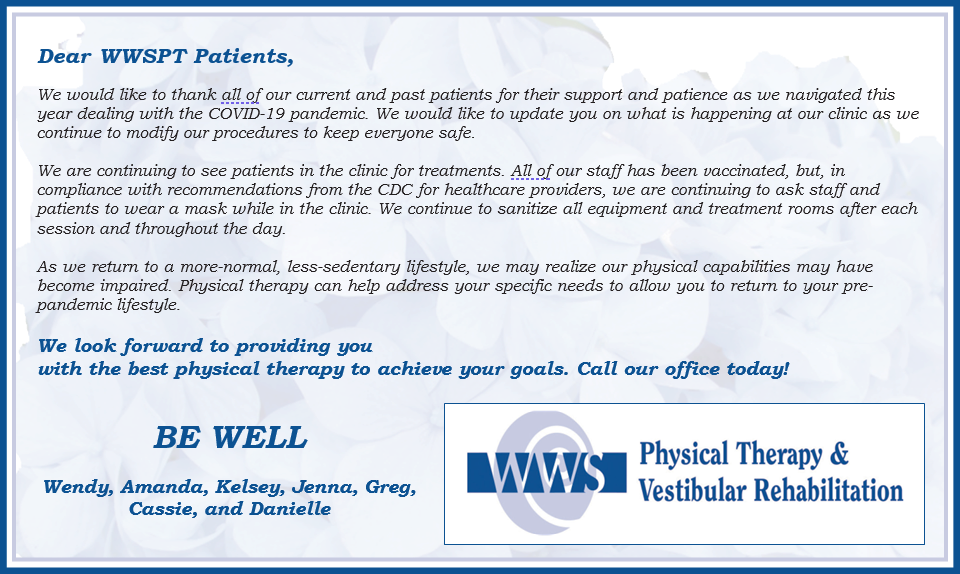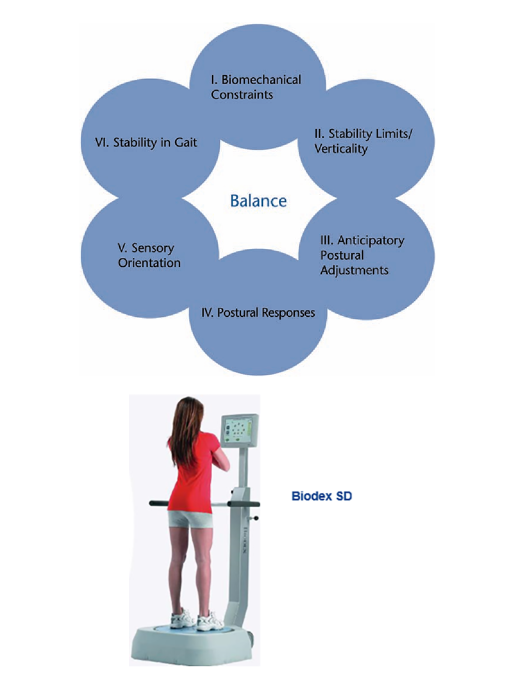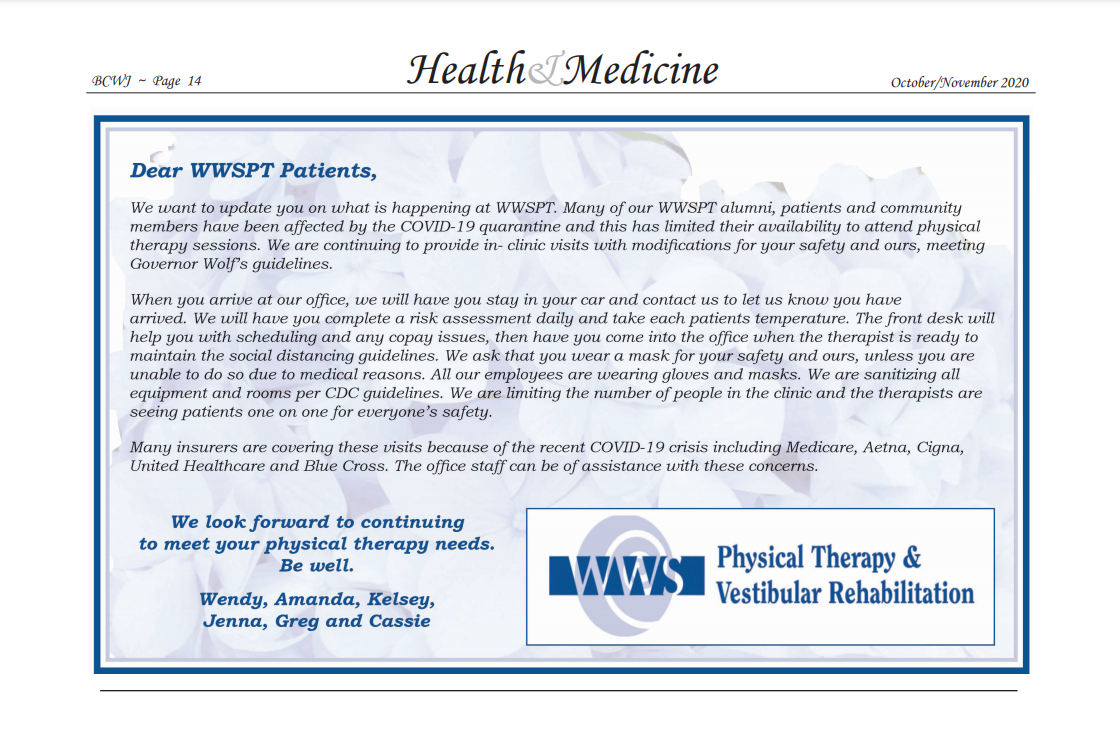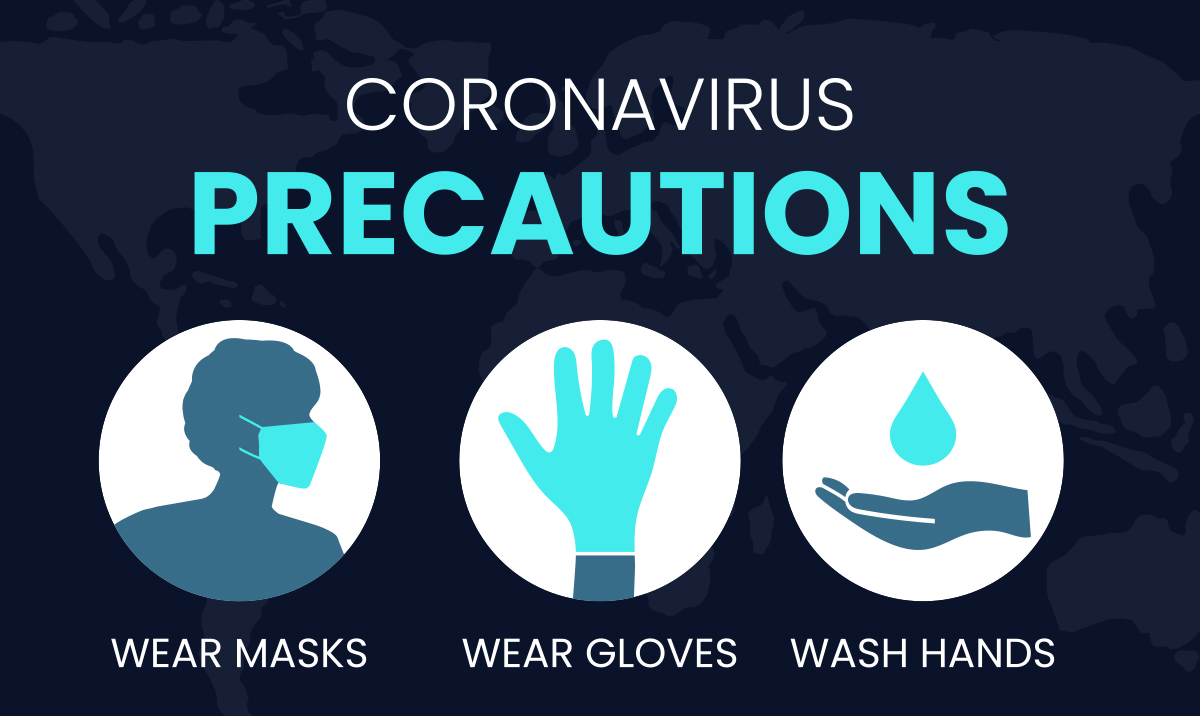
Dear WWS Physical therapy and VestibularRehabilitation Patients,

Healing, Function, Recovery, Health

A new report released from the CDC found that falls were responsible for 90% of injury-related Emergency Department and Hospital visits in those 65 and older. The information comes from a review of health care data from 2018 across 47 states. These findings are significant because falls are NOT a normal part of aging. Greater measures need to be taken to prevent falls, including Physical Therapy.

When a patient is referred to WWSPT for balance training, they receive an all-encompassing fall screen. This includes a strength assessment and thorough static and dynamic balance evaluations. Unlike many other physical therapy clinics, our therapists are all specially trained in screening for variables that may contribute to falls such as benign paroxysmal positional vertigo (BPPV) and other vestibular disorders. Some patients do not report the classic signs of vertigo but experience sudden onset falls and disequilibrium that can be due to underlying BPPV or vestibular dysfunction.
Our therapists also assess functional mobility and screen for sensory changes such as peripheral neuropathy that can contribute to falls. In addition, we frequently monitor blood pressure in our at-risk patients. The combination of all this data helps us to tailor a specific program to our patient’s needs to help them function better and with more safety in everyday life.

For comparison, this study points out that injuries due to car accidents only accounted for 7.8% of injury-related visits. So next time the family is discussing when it is time to stop letting “grandma” or “dad” drive, maybe they should also be discussing physical therapy for that family member to prevent falls.
In summary, this study is eye-opening. 90% of injury-related hospital visits are massive. Not only does this pose a real health and mortality risk for patients, but it is also a massive financial burden to the entire population and health care system. So please, if you notice you or a loved one is struggling with their balance don’t wait until a fall happens.

Be proactive and schedule a Physical Therapy Balance Evaluation at WWS Physical Therapy and Vestibular Rehabilitation, Doylestown, PA.
Dr. Jenna McLane, PT, DPT,
WWS Physical therapy and Vestibular Rehabilitation
Doylestown, PA.


The Coronavirus attacks the respiratory system, which includes your nose, mouth, throat, and lungs. The lungs can then become inflamed and specifically affect the alveoli, which is where the exchange of oxygen and carbon dioxide in your body takes place. If this area in your lungs is not working properly, carbon dioxide is not leaving the body and oxygen is not provided to your muscles and organs as efficiently. Lack of oxygen to your body and brain will cause detrimental effects. Common symptoms of the coronavirus include fever, sore throat, cough, and shortness of breath. While the virus affects all ages and symptom presentation can vary in severity, there are people who are at more risk to contract the virus and present with severe symptoms.

People with lung and heart issues are at high risk. The heart and lungs are vital organs to provide blood, nutrients, and oxygen to your brain, muscles, and other body organs. Any diseases affecting the heart or lungs directly will decrease the efficiency of the organs to provide for your body. Some diseases included in this group include diabetes, chronic obstructive pulmonary disease (COPD), asthma, history of heart attacks, atrial fibrillation, and hypertension. If a person with one or multiple diseases gets infected with COVID-19, it will further affect the supply of oxygen and blood to your body and could cause more severe symptoms.

Generally, people over 65 years old are at risk because of their more compromised immune system and co-morbidities. If your immune system is not working as well as it should, it will have a more difficult time fighting off the virus.
However like mentioned before, not everyone under 65 years of age is immune. Anyone who is immunosuppressed is at risk as well. These include people who are diagnosed with:
To protect yourself, follow the CDC guidelines of wearing a mask around your nose and mouth, avoid touching your face, wash your hands for the appropriate amount of time often, and disinfect frequently touched surfaces.

For more information, please visit the CDC or contact our office for any specific questions.
Stay well and healthy!
We strive to provide an environment of recovery and healing for our clients, to allow them to advance their health and return to function, recreation or sports. It is our belief that Physical Therapy is the initial link in the healthcare system for Musculoskeletal and Balance related issues and we are the true experts on exercise. We look forward to a long term relationship with our patients and their families over their life span and hope to become their practitioner of choice for acute musculoskeletal issues, neuromuscular issues as well as reoccurring events limiting their Wellness. We want to be a part of our patients Healthy living and Healthy aging.